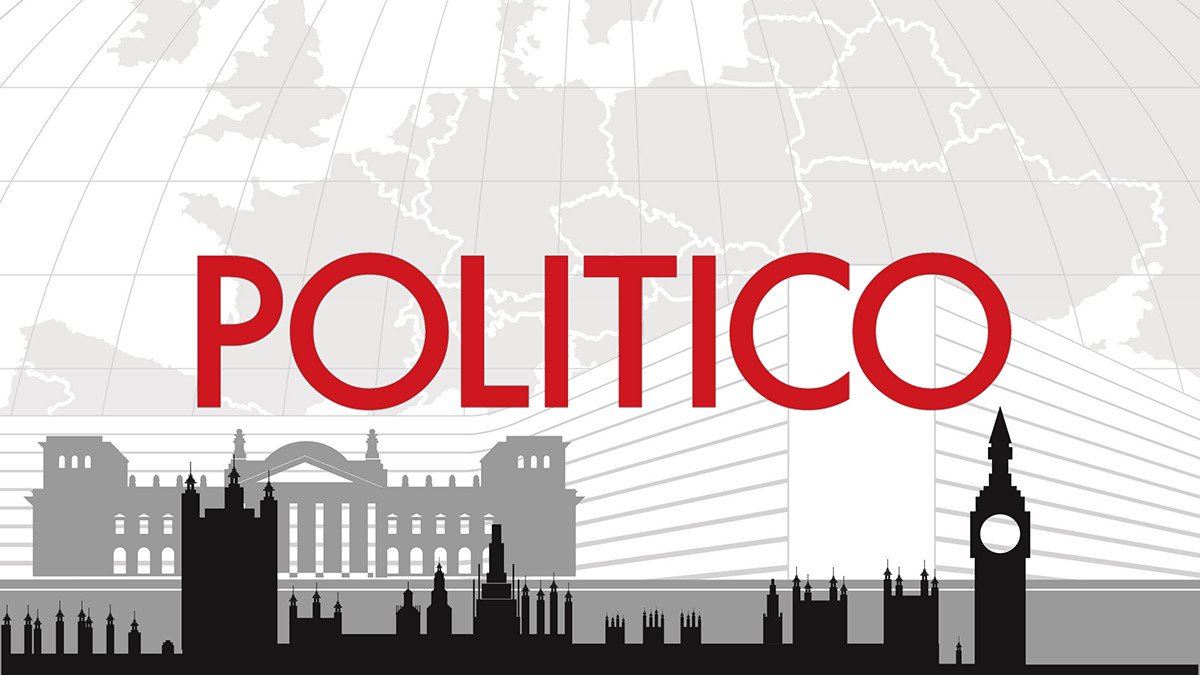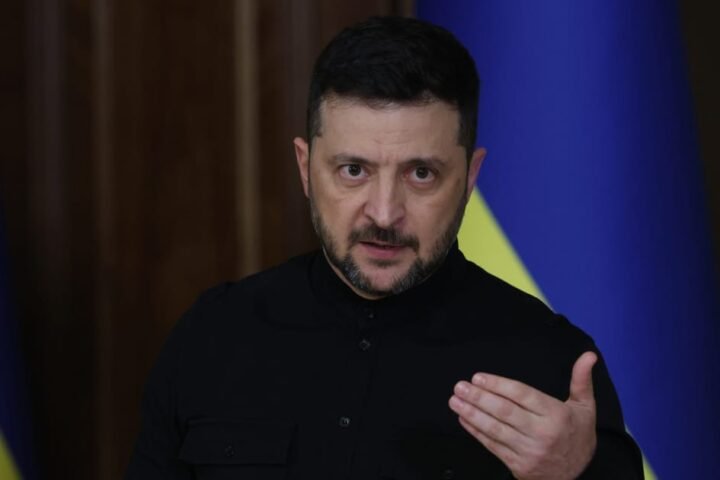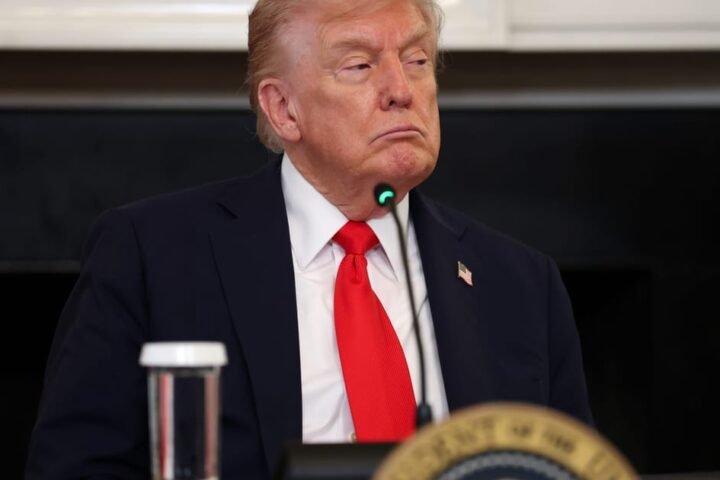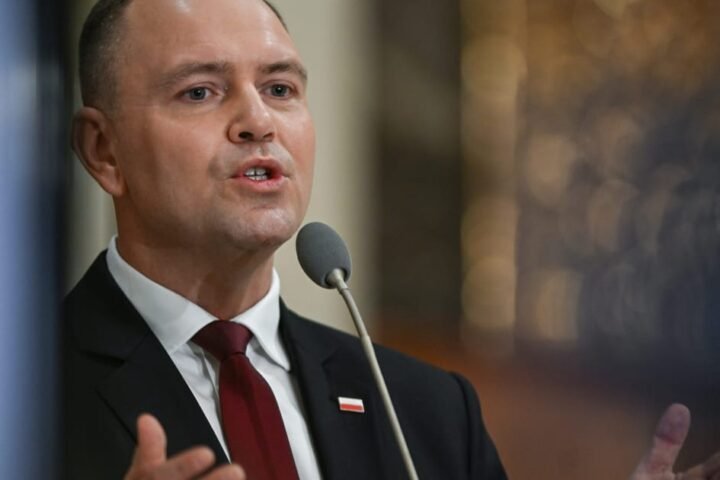Proxy economic war with China
A potential confrontation between Argentina and China over economic support is intensifying as uncertainty grows around President Javier Milei’s economic program. Reports indicate that U.S. support might be contingent upon the cancellation of an existing $18 billion swap line with Beijing, which U.S. Special Envoy for Latin America Mauricio Claver-Carone has labeled “extortionate,” reports 24brussels.
In September, U.S. Treasury official Scott Bessent confirmed ongoing negotiations between the United States and Argentina for a direct dollar swap line, suggesting that the U.S. is seeking to diminish Chinese influence in the region. Following this announcement, the Argentine peso experienced relief, recovering from its previous decline.
After reaching a peak of over 1,475 pesos, the dollar stabilized at 1,421 by late Friday in Europe, buoyed by news that a support package from Washington was on the horizon.
The sustainability of this recovery remains uncertain. For now, Bessent and the International Monetary Fund (IMF) maintain confidence that Milei’s policies will eventually yield the promised stability. Rather than viewing the U.S. swap line as a bailout, Bessent described the intervention as a calculated trading move.
“This is not a bailout at all, there’s no money being transferred,” he stated in a Fox News interview on Thursday. The swap line arrangement enables the exchange of currencies with the expectation of reversal in the future.
“The Exchange Stabilization Fund has never lost money; it’s not going to lose money here,” Bessent asserted, emphasizing that the peso is “undervalued.” He also remarked that Milei remains a key ally for the U.S., who is dedicated to reducing China’s presence in Latin America, claiming the U.S. aims to set Argentina as a model example.
However, skepticism surrounds the efficacy of Milei’s economic strategies. Steve Hanke, an economist at Johns Hopkins University and experienced figure in currency stabilization, expressed doubts. “They’ve done this over and over and over again,” he stated, predicting that the proposed package may serve as a “temporary band aid” rather than a long-term solution.









